The King’s Speech
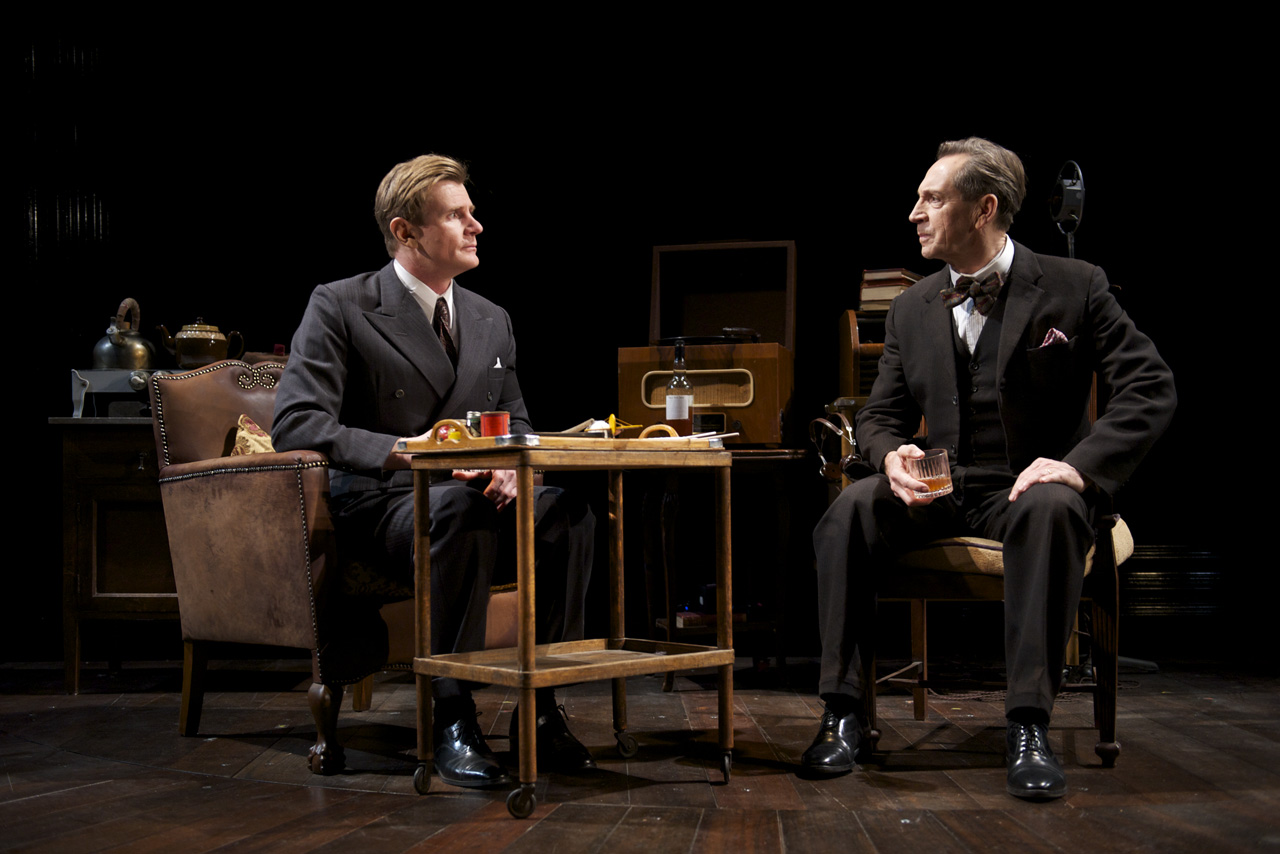
After a successful run at the Yvonne Arnaud Theatre in Guildford, the majesty of The King’s Speech is now delighting theatre-goers in London’s West End. Better known as an award-winning film starring Colin Firth, who was appointed a CBE the same year as his stunning performance as the Queen’s father King George VI, The King’s Speech was initially created by writer David Seidler as a stage play. However, it was not until after the critically acclaimed triumph of the film of the same name that The King’s Speech finally reached the boards of a theatre. Directed by Adrian Noble, the play’s London run opened at Wyndham’s Theatre on the 27th March and is currently showing until 12th May 2012.
David Seidler has spoken of his joy at the play being performed in a theatre setting as he originally intended it to be. As two very different media, it’s clear that theatre and film have distinct qualities that cannot be matched. Both versions of The King’s Speech are outstanding in their own right when the strengths of each medium is appreciated. With the screen version receiving numerous awards, however – including four Oscars – it’s clear that audience expectations of the performance will be high.
The play follows the same plot as the film, with much of the same dialogue included. Prince Albert (played wonderfully by Charles Edwards) suffers from a speech impediment that makes his royal life considerably difficult. With an ailing father, a preoccupied elder brother and the threat of war looming, the prince’s ability to speak and inspire his nation becomes a real concern. Now that royalty are expected to address the population through radio, it’s no longer good enough for a king merely to “look smart in uniform and not fall off his horse,” as King George V complains.
Bertie, as he is known to his family, is led by his loving wife Elizabeth (Emma Fielding) into seeking help from the unconventional speech therapist Lionel Logue (Jonathan Hyde) as a last resort. The eccentric Australian’s methods alarm the royal couple, but soon a tentative friendship reaching across the class divide begins to form between Bertie and Lionel.
Bertie’s fear of public speaking is perhaps more powerfully felt in a theatre setting. Standing in the harsh spotlight of a stage, with an actual audience in his presence awaiting each stuttered word and feeling every pause, a powerful empathy is created. An echoing microphone creates the sense of a vast space in which Bertie is completely alone. Charles Edwards’ performance is utterly convincing and captivating, with Bertie’s fear and frustration keenly felt.
Bertie and Lionel’s exchanges are incredibly funny and touching, their friendship always taking two steps forward and one step back as they attempt to re-establish the boundaries between a royal and his subject. The scene in which Lionel rather unconventionally encourages the prince to shout profanities as a method to overcome his stuttering was one of many sources of great laughter from the audience.
With some minimalistic sets, it’s hard not to fill in the blanks in your mind’s eye with the visuals of the film. Only Lionel’s office and home are not so sparsely furnished, creating a warm, domestic life which contrasts starkly with Bertie’s royal upbringing. Relying on the audience’s imagination allows the scenes to glide seamlessly into one another with a swift rotation of the stage. The result is an almost cinematic quality, promptly cutting from one scene to the next. Intermittent film footage of the era adds to this, with the grainy black and white clips creating a real sense of the time and the current political situation. A number of actual recordings are also used, the most powerful of which is the solemn radio announcement by Chamberlain in 1939 when war is declared.
The supporting cast are excellent. Most notably, Ian McNeice gives an enjoyable performance in his familiar role as Winston Churchill, complete with an iconic cigar surrounding him in a cloud of smoke at all times. Bertie’s older brother, Edward VIII, is also portrayed as a cruel and villainous individual by Daniel Betts. Lionel’s wife Myrtle (Charlotte Randle) gives a sympathetic performance as a homesick foreigner in England, torn between wanting to go back to Australia and supporting her husband’s ambitions.
A poignant and regal comedy, The King’s Speech is a thoroughly enjoyable theatre experience that more than rises to the challenge set by its film counterpart.
Katherine Lloyd
The King’s Speech is on at Wyndham’s Theatre until 12th May 2012. For further information or to book visit the theatre’s website here.

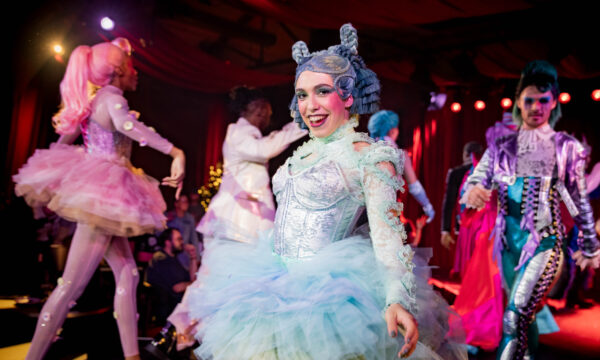
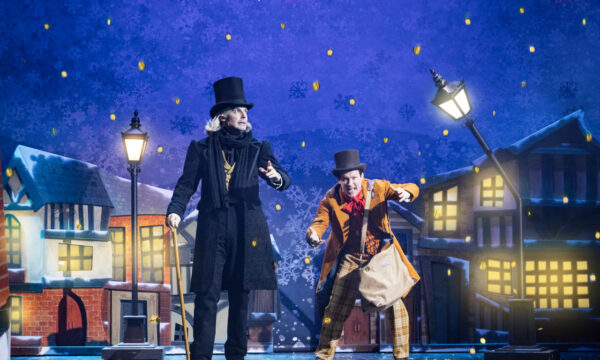
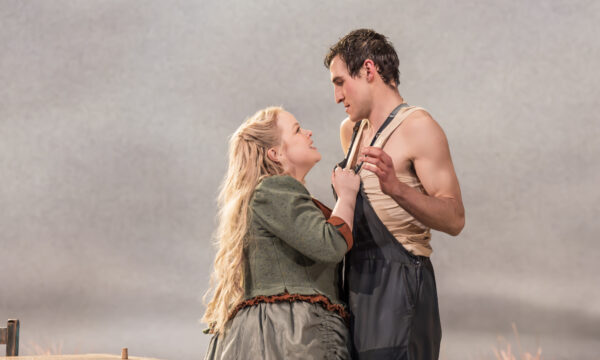

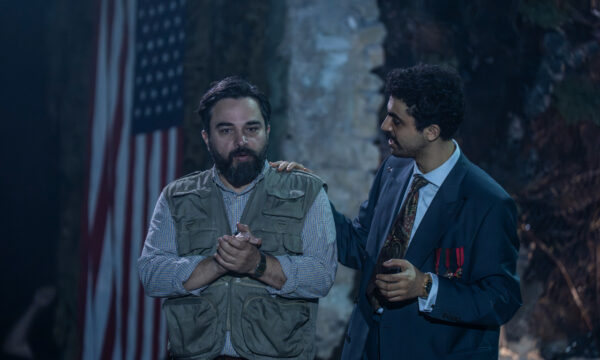
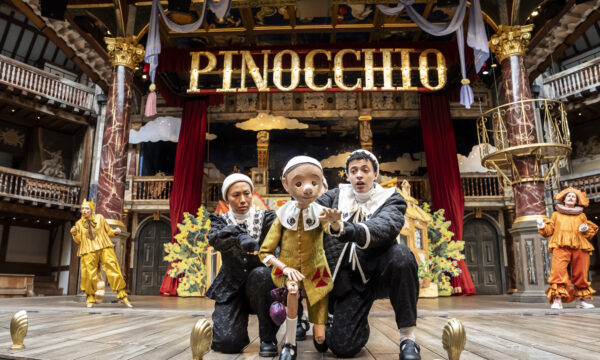
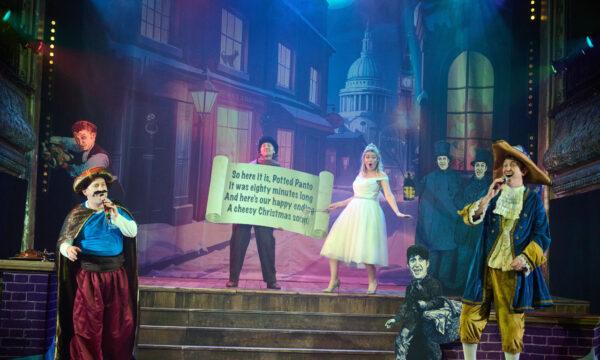



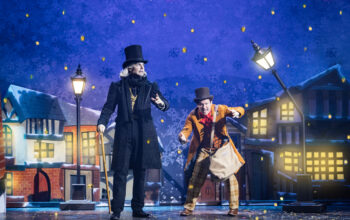
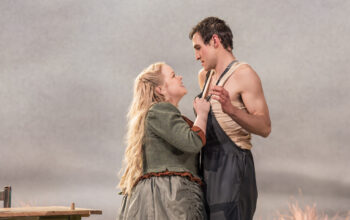

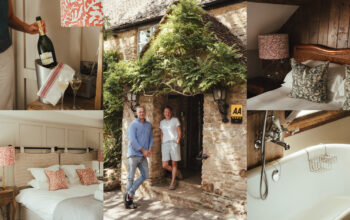
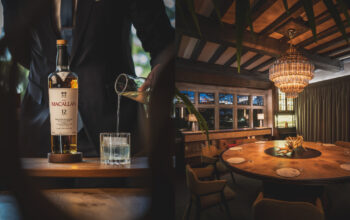

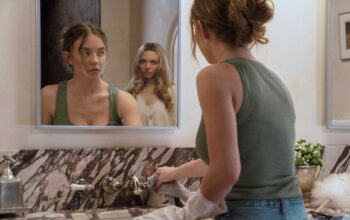



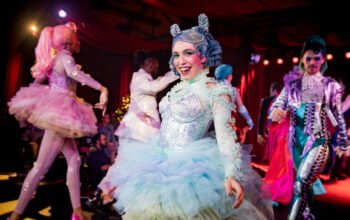

Facebook
Twitter
Instagram
YouTube
RSS